- Joined
- Sep 17, 2008
- Messages
- 9,465
My niece is better but very very tired. She's super regretful about not getting vaxxed considering it affected her family so much. Her little girl thankfully did NOT get it for whatever reason.
I'm glad that CDC is now saying mask up indoors for everyone. People act like this stuff is gone.

I've been peeping the Cruise Critic for a while now (I have an account, I just don't post) and whoo yall.....) I get that people want to cruise but at what cost? Certainly I like the methods that Norwegian is taking by saying everyone must be vaxxed.
I'm glad that CDC is now saying mask up indoors for everyone. People act like this stuff is gone.
COVID Data Tracker
CDC’s home for COVID-19 data. Visualizations, graphs, and data in one easy-to-use website.
covid.cdc.gov
I've been peeping the Cruise Critic for a while now (I have an account, I just don't post) and whoo yall.....) I get that people want to cruise but at what cost? Certainly I like the methods that Norwegian is taking by saying everyone must be vaxxed.

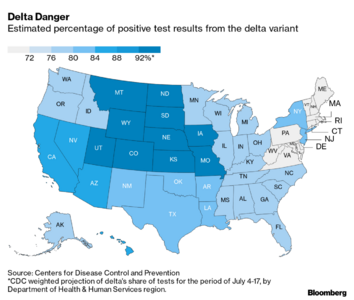

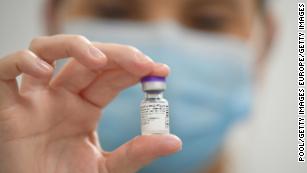
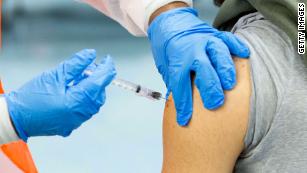
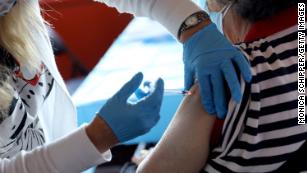
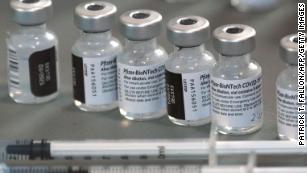

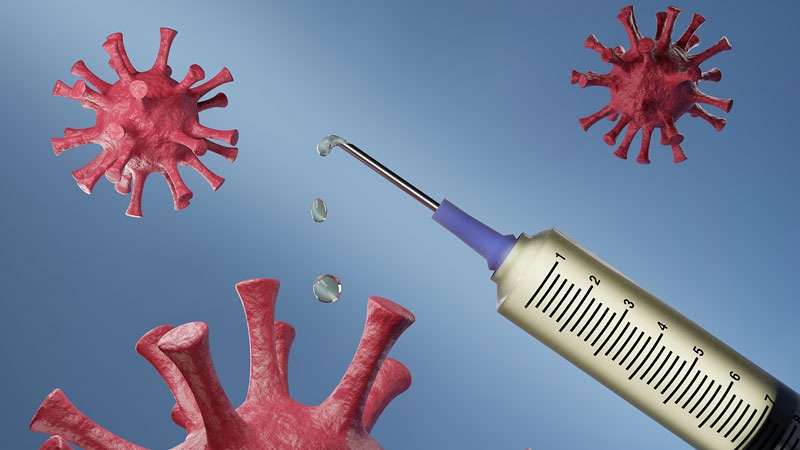




300x240.png)